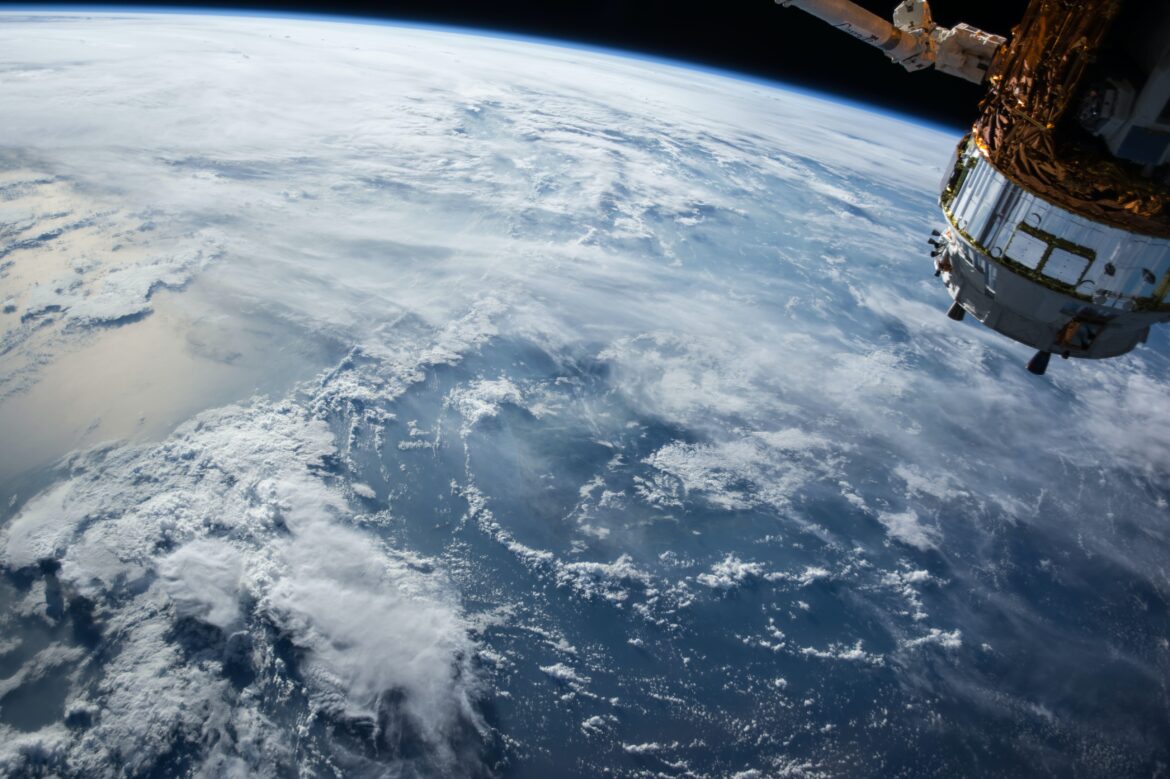“The time was fast approaching when Earth, like all mothers, must say farewell to her children”, wrote Arthur C Clarke. Clarke was an acclaimed science fiction writer who co-wrote the screenplay for “2001: A Space Odyssey” released in 1968, considered to be one of the most influential movies of all time. Released during the era of the space race, two cold-war powers, the US and Soviet Union, pushed to make developments in space exploration. Just the next year, in 1969, Neil Armstrong became the first man to walk the moon saying “One small step for man, one giant leap for mankind”.
With billionaires Jeff Bezos and Elon Musk pushing for the commercialization of space, there has been a renewed interest in space travel and exploration. Bezos and Musk are arguably the two most well-known billionaires, credited with founding Amazon and Tesla respectively. Both have also founded private aerospace companies working towards improving human spaceflight. Specifically, both have outlined a clear goal to make space travel affordable for humanity. Musk succinctly stated, “We want to open up space for humanity, and in order to do that, space must be affordable”.
Tensions are high on our little blue planet; global warming, world hunger, and war dominate mainstream news. There have been harsh criticisms by the masses regarding the billionaire’s space craze. Following Bezos’s trip to outer space in 2021, the World Food Programme (WFP) urged billionaires to step up and aid the nearly “42 million people on the brink of famine”. Just a fraction of their billions would help “avert catastrophe”. The backlash by the public is understandable considering the many issues people are currently facing. Spending billions on space travel rather than improving the lives of the millions of people struggling highlights the priorities of the rich and powerful.
The earnest debate takes two main perspectives, prioritizing earthly struggles versus the need for a failsafe. The backlash against billionaires’ spending on space exploration highlights the urgent and desperate pleas of those suffering from poverty, hunger, and inadequate healthcare. If they reallocated their financial resources to more immediate issues there could be significant improvements in worldwide standards of living. Bridging socioeconomic gaps by investing in education and sustainable development would create a more equitable world. If those billions were spent on implementing policies to reverse the effects of climate change and taking preventative measures, the need for a failsafe could be alleviated altogether. Prioritizing human lives and helping those suffering should be a priority for the powerful individuals of the world. The actions of billionaires, including Musk and Bezos, have given them reputations that are less than human. A scathing article by the Guardian describes Bezos as the “most reptilian of billionaires” further implying that his obsession with space is just a means to return home to his “fellow aliens”.
That being said, prioritizing space travel over human lives may be an oversimplification of the issue. The pro side of space exploration emphasizes the betterment of society through technological innovation, inspiration, and the importance of investing in a failsafe for humanity. The UN and their experts claim that the climate crisis has “passed the point of no return”. Though there is opposing research suggesting that the point of no return is approaching, overwhelming data highlights that unusual and extreme climate events have become more common. A failsafe might become more and more necessary, and ignoring the inevitable collapse of our planet would only lead to more catastrophe… but maybe that’s a bit pessimistic. With the rate of technological advancements in the last 100 years, living on another planet doesn’t sound too out of this world. After all, astronauts have lived in the international space station, some for more than a year. NASA predicts that with the technologies they are working on, they could “send astronauts to Mars as early as the 2030s”, and with the support of billionaires and increased investment in the field, perhaps even sooner. Increased investment in space exploration is also an investment in scientific innovation as a whole. We can trace many important discoveries back to NASA research. For example: CAT scans, freeze-dried food, ear thermometers, memory foam, baby formula, artificial limbs, insulation, etc. The list goes on, and technological and scientific development undoubtedly has significant benefits to economic development and our everyday lives. Space exploration isn’t all bad, but human lives and suffering should also be a priority.
The billionaire space craze sparks a complex conversation about priorities in a world grappling with a myriad of challenges. Striking a balance between addressing the immediate needs on Earth, and preparing for the future beyond our planet requires careful consideration and collaboration. As humanity navigates these crossroads, it is crucial to engage in a thoughtful dialogue that seeks common ground, leveraging both our resources and ambitions to build a more sustainable and resilient future for all.
Edited by Isaac Yong

Anvita Dattatreya is in her third year at McGill University, currently pursuing a B.A. Double Majoring in Economics and International Development Studies. As a staff writer in Catalyst she hopes to write articles on topics including socio-economic and political issues in South-East Asia.

